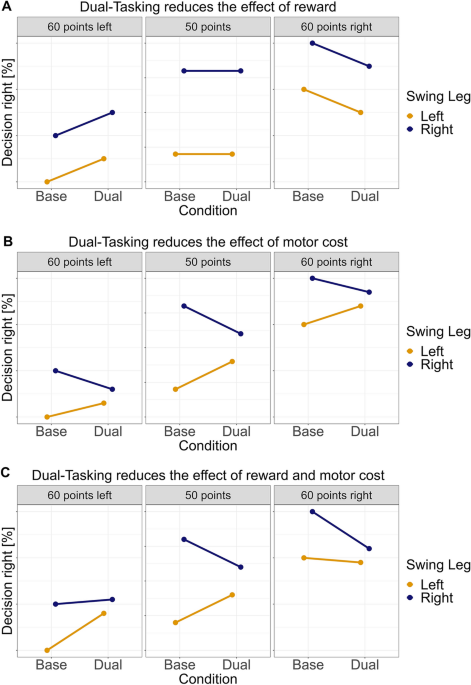Language Models Like GPT-4 Memorize More Than They Reason ...
A recent study has uncovered interesting insights into the performance of large language models, such as GPT-4, on counterfactual tasks compared to standard tasks. The study suggests that these models tend to rely more on memorized solutions rather than genuine reasoning.
In an extensive study conducted by researchers from the Massachusetts Institute of Technology (MIT) and Boston University, the reasoning capabilities of leading language models like GPT-4, GPT-3.5, Claude, and PaLM-2 were evaluated. The researchers introduced eleven counterfactual variations of standard tasks to test the models' ability to adapt to slightly altered conditions.
For example, the models were tasked with performing operations in number systems other than the standard decimal system, evaluating chess moves with variations in piece positions, and placing objects in unconventional positions. While GPT-4 excelled in standard decimal addition tasks with over 95% accuracy, its performance dropped significantly to below 20% in the base 9 number system. Similar patterns were observed in other tasks like programming, spatial reasoning, and logical reasoning.

The researchers noted that the models showed some level of generalization ability in the counterfactual tasks, suggesting that they are not merely memorizing solutions. However, the performance drop compared to standard tasks indicates a tendency to rely on specific learned behaviors rather than abstract reasoning.
Memory Effect and Prompt Engineering
Interestingly, the study found that the models' performance in counterfactual tasks correlated with the frequency of the alternative conditions. For tasks like the guitar chord task, where the models encountered relatively frequent variations, their performance was better. This observation points to a memory effect where the models excel in more common scenarios.

The researchers also explored the impact of chain-of-thought prompting as a technique to enhance reasoning. While this approach improved performance in most cases, it did not completely bridge the gap between standard and counterfactual tasks.
Future Implications and Challenges
The study underscores the importance of distinguishing between memorization and genuine reasoning in evaluating the capabilities of language models. Despite their success in standard tasks, these models still face limitations in adapting to novel scenarios and conditions.
As AI research continues to advance, the ultimate goal is to develop models that combine robust reasoning abilities with generative AI, enabling AI systems to apply knowledge across a wide range of tasks effectively. The industry's focus is on creating AI models that can learn from training examples and apply that knowledge to new, unseen scenarios.

Further research, such as a study on ChatGPT code generation, highlights the evolving nature of AI models and their performance on different tasks over time. Continued efforts in AI development aim to enhance the adaptability and reasoning capabilities of language models for various applications.










